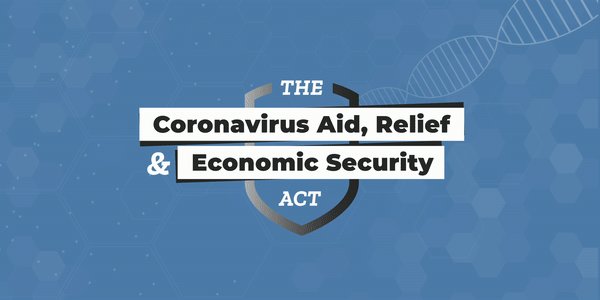Dr. Ron Paul hits nail on the head in no-nonsense coronavirus interview
Dr. Ron Paul, retired Republican congressman from Texas and three-time presidential candidate, thinks that America's response to the coronavirus pandemic is being exploited to bloat government budgets and increase government power.
Paul is best known for his libertarian views -- he was the Libertarian Party's nominee for president in 1988 -- and mistrust of the Federal Reserve, the central bank of the United States.
But in an interview with Wealth Research Group editor Lior Gantz posted Friday on YouTube, Paul took things a step further, calling recent measures to control the spread of COVID-19 a "grab bag" for some in government.
Paul, a physician, conceded that the coronavirus pandemic is serious, and he no doubt understands the gravity of the situation as his own son, Kentucky Sen. Rand Paul, is under quarantine after he tested positive for the virus on March 22.
What Ron Paul said he is worried about is that some in government have inflated the risk and response for their own political gain.
"I think it's blown way out of proportion to the danger," Paul told Gantz.
"It seems that some people benefit from crises like this, people who want more government power and more control over people and want to get big appropriations and get their special deals passed, and that's what happening now," Paul said of the federal and state governments' coronavirus response. "It's a grab bag. ...
"It's used as an excuse by those who have a special interest to use that. I think that is sad."
As of Monday, 29 states have been put under "stay at home" orders, restricting citizens' rights to assemble, do business or even be out on the streets in an effort to curb the spread of coronavirus.
There is no end in sight for these extreme measures, with President Donald Trump announcing Sunday that social distancing measures were being extended through April 30.
As a result of the ongoing restrictions, jobless claims have climbed to five times the previous record as businesses are shuttered or restricted across America in enforced social distancing.
To mitigate the damage, Trump signed into law the Coronavirus Aid, Relief, and Economic Security Act on Friday.
"I just signed the CARES Act, the single biggest economic relief package in American History -- twice as large as any relief bill ever enacted," the president said on Twitter following the bill's signing.
"At $2.2 Trillion Dollars, this bill will deliver urgently-needed relief for our nation’s families, workers, and businesses."
I just signed the CARES Act, the single biggest economic relief package in American History – twice as large as any relief bill ever enacted. At $2.2 Trillion Dollars, this bill will deliver urgently-needed relief for our nation’s families, workers, and businesses. #CARESActtwitter.com/senategop/stat…
27.9K people are talking about this
While in some respects this bill was absolutely necessary to offset damage directly caused by government restrictions to combat the pandemic, Paul said the economic downturn is a holdover from existing problems.
"I think there's way too much concern given with potential danger of coronavirus, and very little concern and a serious understanding of why we're in a real bad economic mess," he said.
Paul has long opposed the Federal Reserve's influence and published a 2009 treatise titled "End the Fed."
As recently as August 2019 in his column for the Ron Paul Institute, Paul warned that cutting interest rates and printing money were repeating the mistakes of the 2008 financial crisis.
In addition to the hefty federal spending on the coronavirus relief bill, the Federal Reserve cut interest rates to 0 percent on March 15.
"It's impossible, it won't solve the problems," Paul said of the government spending and slashing of interest rates, "because we got into this by too much spending, too much debt, too much inflation, too much manipulation, too much drive for zero interest rates, and that's what they're doing.
"They're solving the problem by spending even more, printing even more, and get the interest rates below zero and they think that's going to solve the problem but it isn't."
What Paul said rings true -- some of these issues were in place long before the coronavirus surfaced in the United States.
He also made an astute point that this kind of crisis can easily be exploited to grow the power and scope of government.
Although he is right to be skeptical of government financial interventions, the crisis is unprecedented in that most of the damage was caused by direct orders from federal and state governments.
The response, then, must be a balance of government righting its own wrongs while not overreaching even further.
Governments are by nature prone to inflation, and people in power are by definition desirous of increased control over their constituents.
Therefore, it is important that this crisis not become an excuse for both to run amok.
The coronavirus is undeniably a serious threat, but it is important that the government not be allowed to grow unchecked in power and spending as a result.
Long after the last restrictions are lifted and the last major outbreak abates, America will be left with the political aftermath.
It's of the utmost importance to balance both the need to keep America healthy with the need to keep America free.
This article appeared originally on The Western Journal.



No comments:
Post a Comment